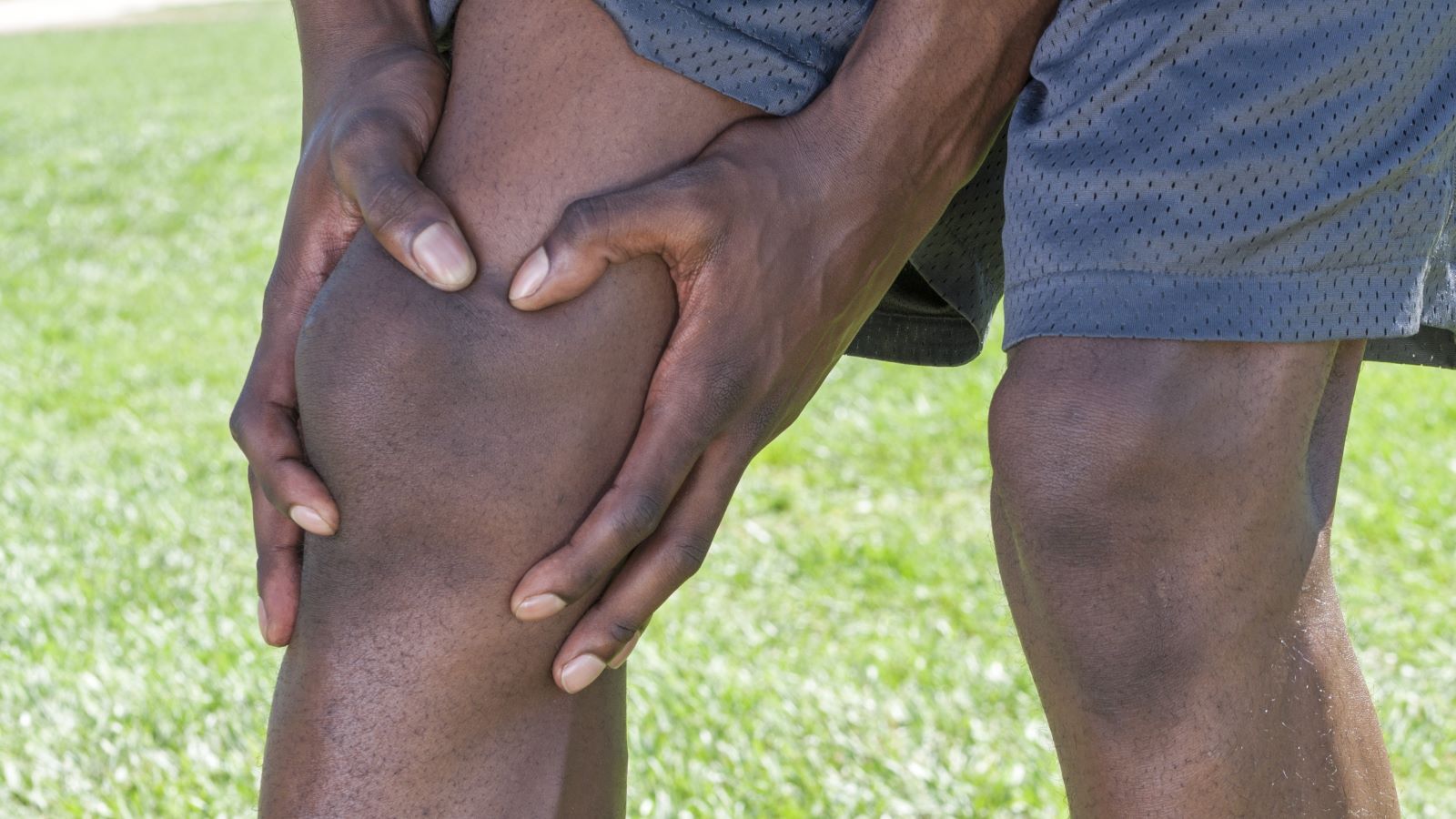<< Back
5 Reasons Why Your Knee Is Swollen

May 03, 2024
If your knee is swollen, it’s usually a sign that something’s going on with the joint.
“Typically, knee swelling doesn’t occur without something underlying,” says Adam Driesman, MD, an orthopedic surgeon with the Connecticut Orthopaedic Institute at St. Vincent’s Medical Center.
But is it time to see a doctor? Here’s what you should know.
The first step is understanding where the swelling is.
While this seems simple, Dr. Driesman says the answer is more complex.
“Your knee may have fluid in it, or you can have fluid in your entire leg or even swelling in the back of your knee,” he explains. “A doctor can determine where the swelling is and why it’s there.”
One tell-tale sign is the sensations you’re feeling in your knee.
“Most people say a swollen knee feels tight,” explains Dr. Driesman. “It almost feels like a band wrapped around the knee.”
> Related: 6 Exercises to Help Your Knee Pain
5 common reasons why your knee is swollen.
There are several potential causes for a swollen knee, including:
- Injuries: Damage to the knee ligaments, shock absorbers (meniscus), and/or cartilage can result in swelling.
- Arthritis: Osteoarthritis causes the bones to hit each other, leading to inflammation.
- Bursitis: While many people think this is swelling within the knee, it’s inflammation around the knee, especially above or below the knee joint.
- Infection: More common in people who are immunocompromised or IV drug users, a swollen red knee (with an associated fever) may indicate a possible infection.
- Gout or other conditions: These can also lead to knee swelling.
Your knee can also swell from regular physical activity, but there’s generally still a root cause.
“If your knee swells, it’s usually because of an underlying issue like a very small cartilage injury,” says Dr. Driesman. “But usually swelling won’t happen independently without this underlying issue.”
You can treat your knee at home, but see a doctor if it doesn’t improve.
“Unless your knee is red (with a fever) or extremely swollen very quickly, you likely don’t need any urgent intervention,” answers Dr. Driesman.
Instead, try RICE (rest, ice, compression, elevation) for knee pain or swelling.
See your doctor if you don’t see improvement within a couple of weeks or experience a recurring swollen knee.
“We can assess what’s going on, especially if it’s a more chronic condition,” says Dr. Driesman. “Knee swelling has several potential causes and many treatment options. Come see us and we’ll figure it out together.”